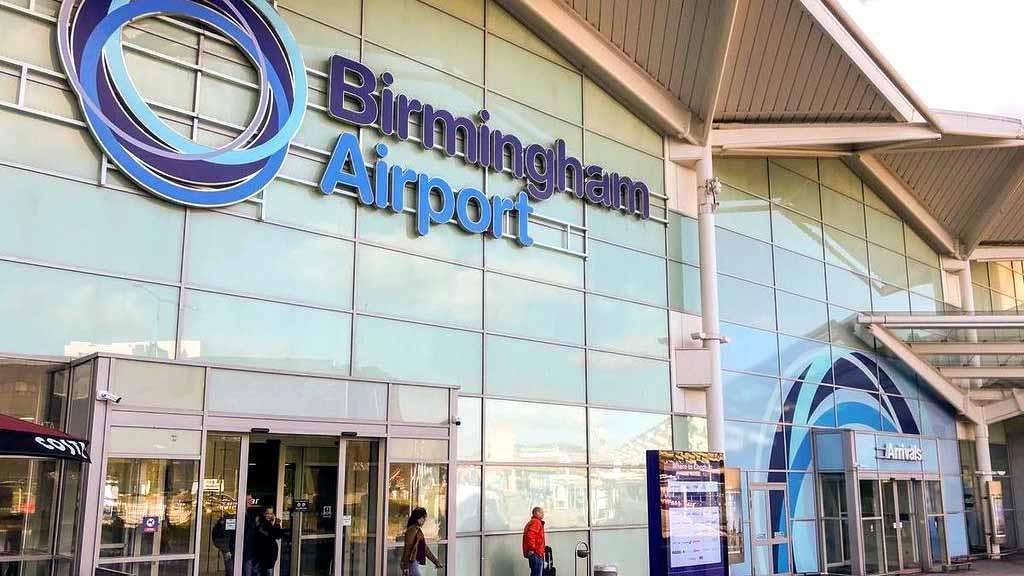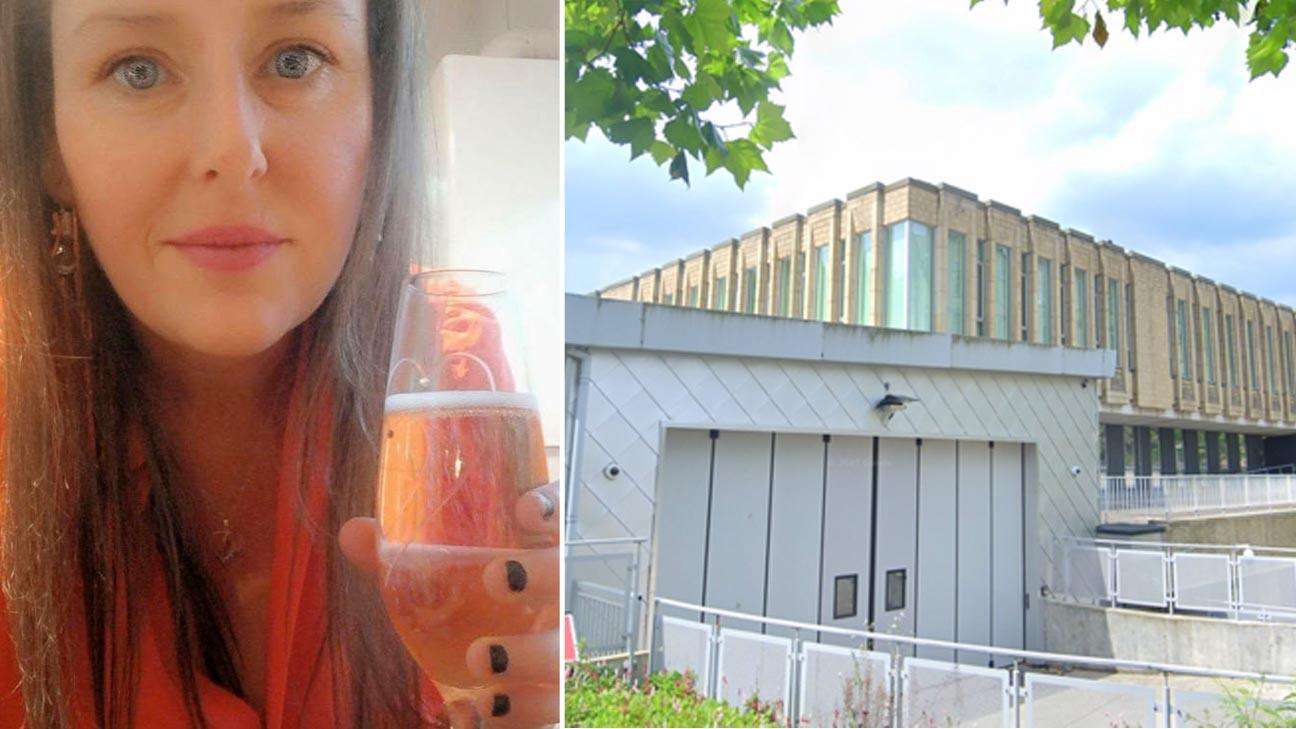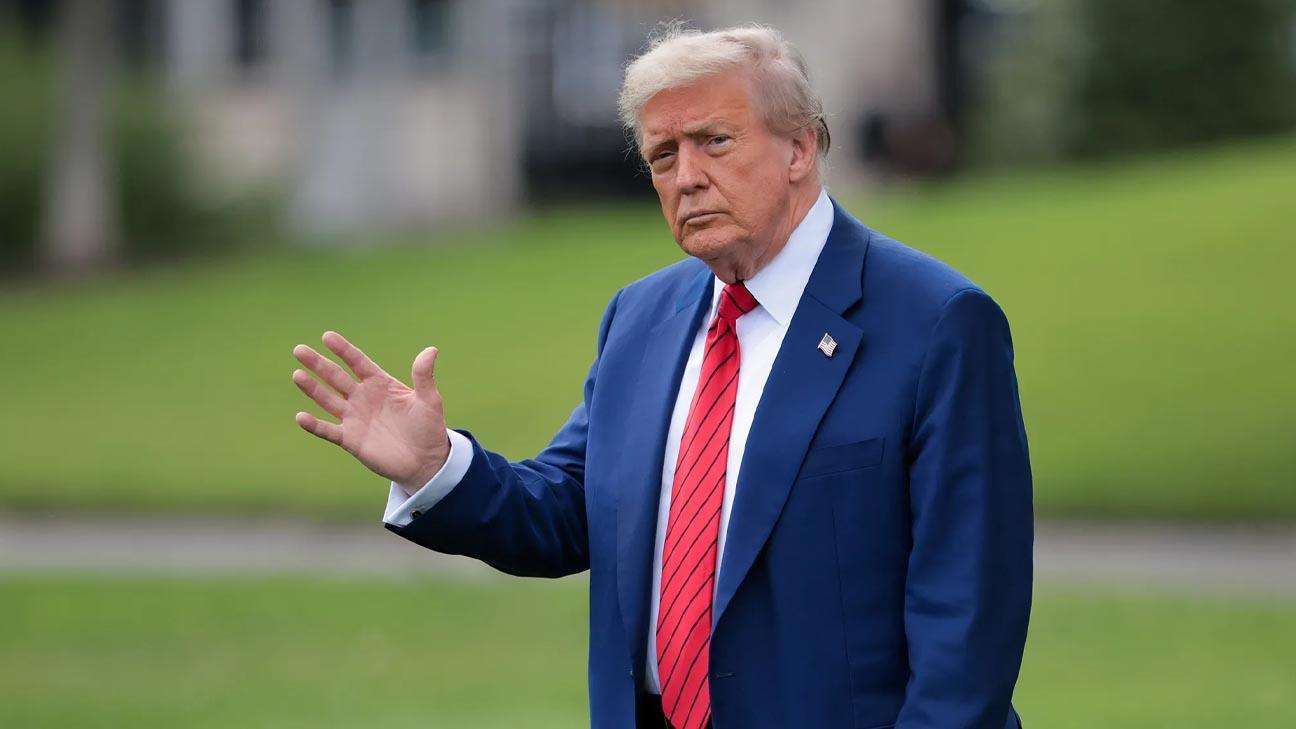A controversial proposal for a sprawling Chinese "super-embassy" near the iconic Tower of London has been recommended for approval by the Planning Inspectorate, sparking outrage and immediate vows of a legal challenge from Tower Hamlets residents. This decision comes despite fierce objections from the community, British intelligence agencies, and a chorus of cross-party politicians who cite grave national security concerns and fears of espionage. Housing Secretary Angela Rayner is expected to make a final decision before September, but residents are already preparing for a Judicial Review.
The sheer scale of the proposed embassy, poised to be significantly larger than the Royal Albert Hall, has triggered widespread alarm. Disturbingly, planning documents reveal "two suites of anonymous unlabelled basement rooms and a tunnel" whose purpose remains redacted "for security reasons," fueling accusations from critics that the site could house "spy dungeons."
Tower Hamlets council initially rejected the plans in 2022, citing public safety concerns, the impact on local heritage, and the anticipated strain on police resources from large-scale protests. However, Rayner "called in" the application, effectively bypassing the local authority's decision. This move has deeply frustrated residents, who feel their legitimate concerns about massive, disruptive protests and community safety have been ignored. The Royal Mint Court Residents Association declared, "This has been a David versus Goliath battle since the beginning, and we are not giving up now. Most of us fully expected this outcome, and we are now crowdfunding a legal challenge." They fear their historic neighbourhood will become a permanent site of heightened security and potential unrest, severely disrupting daily life.
Beyond local disruption, national security experts are sounding alarms over the site's highly sensitive location. Situated between London's vital financial hubs of the City and Canary Wharf, and near three critical data centres, there are persistent fears the embassy could be used to target crucial communication cables and vital infrastructure. These concerns are amplified by reports of unofficial Chinese "police service stations" operating in other parts of the UK, allegedly used to monitor and intimidate dissidents, further stoking anxieties about increased Chinese influence.
The approval process itself has been contentious. Notably, both Scotland Yard and Tower Hamlets council dropped their objections to the project within a fortnight of Chancellor Rachel Reeves' official visit to China earlier this year. This sudden shift has raised questions about potential political pressure, especially given that the Metropolitan Police's counter-terrorism unit had previously deemed the site unsuitable for managing large protests.
Further complicating matters, a group of MPs currently sanctioned by China, including prominent figures like Tom Tugendhat and Sir Iain Duncan Smith, recently wrote to Foreign Secretary David Lammy. They urged that their sanctions not be used as leverage in any deal for the super-embassy, firmly stating, "We would all rather remain sanctioned than trade away our national security." This highlights the intricate geopolitical considerations woven into the embassy's approval and the delicate balance between diplomatic relations and safeguarding national interests.
As the Housing Secretary's final decision approaches, the looming threat of a Judicial Review underscores the fierce and unwavering opposition to the Chinese mega-embassy, a battle that Tower Hamlets residents and their allies are determined to fight to the very end.







_1.jpg)
.svg)



